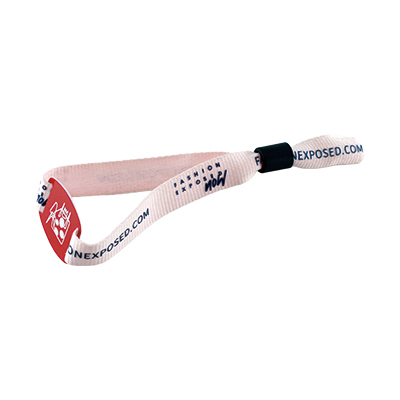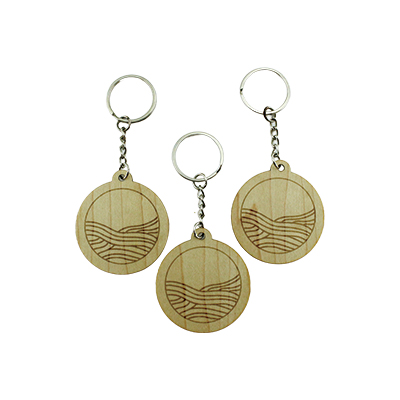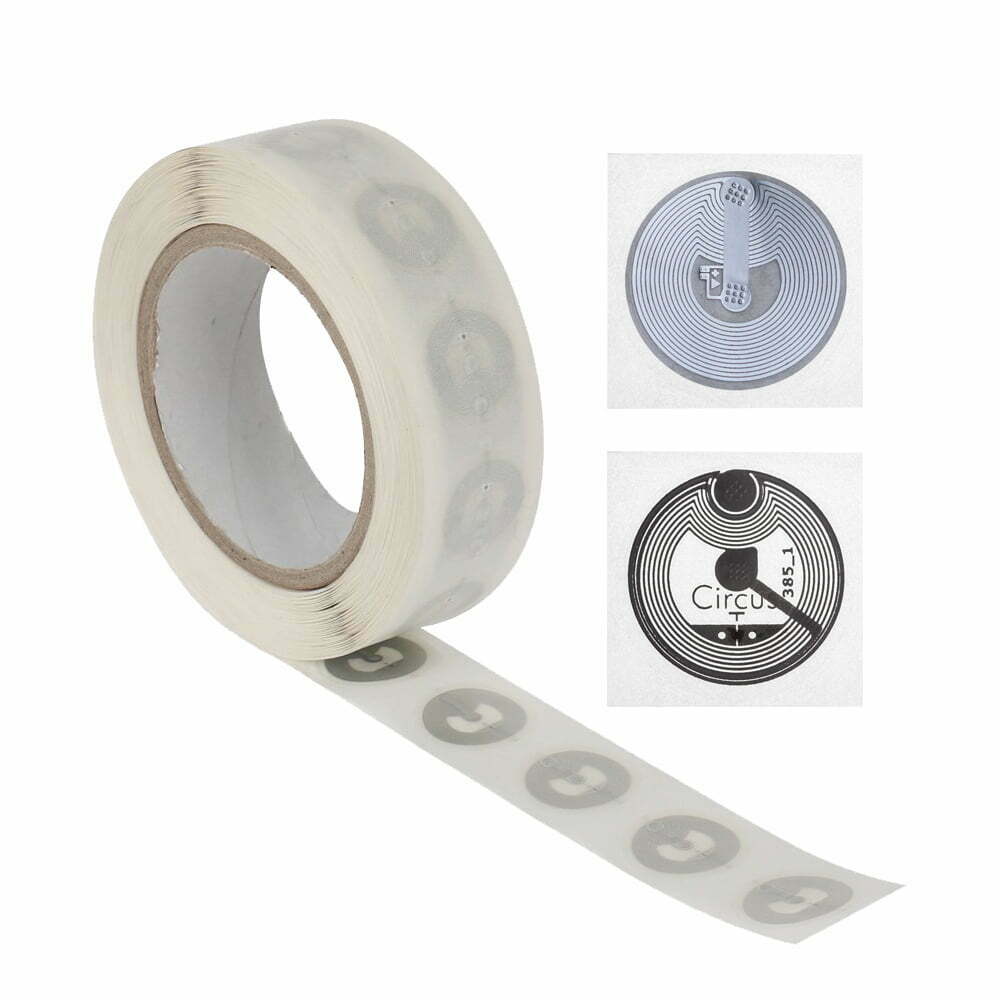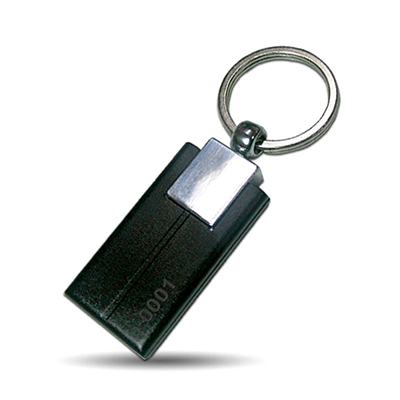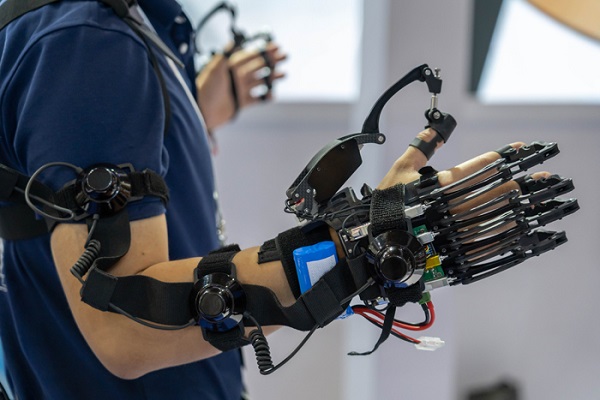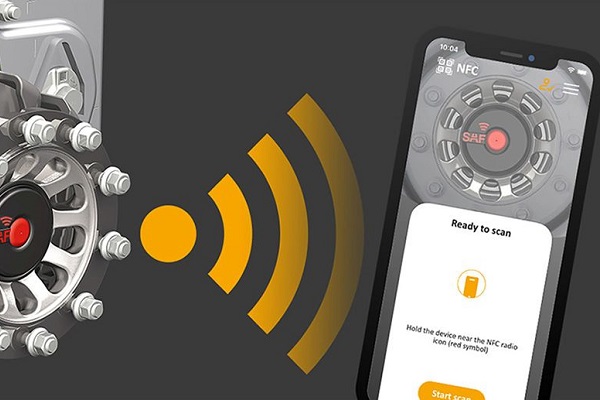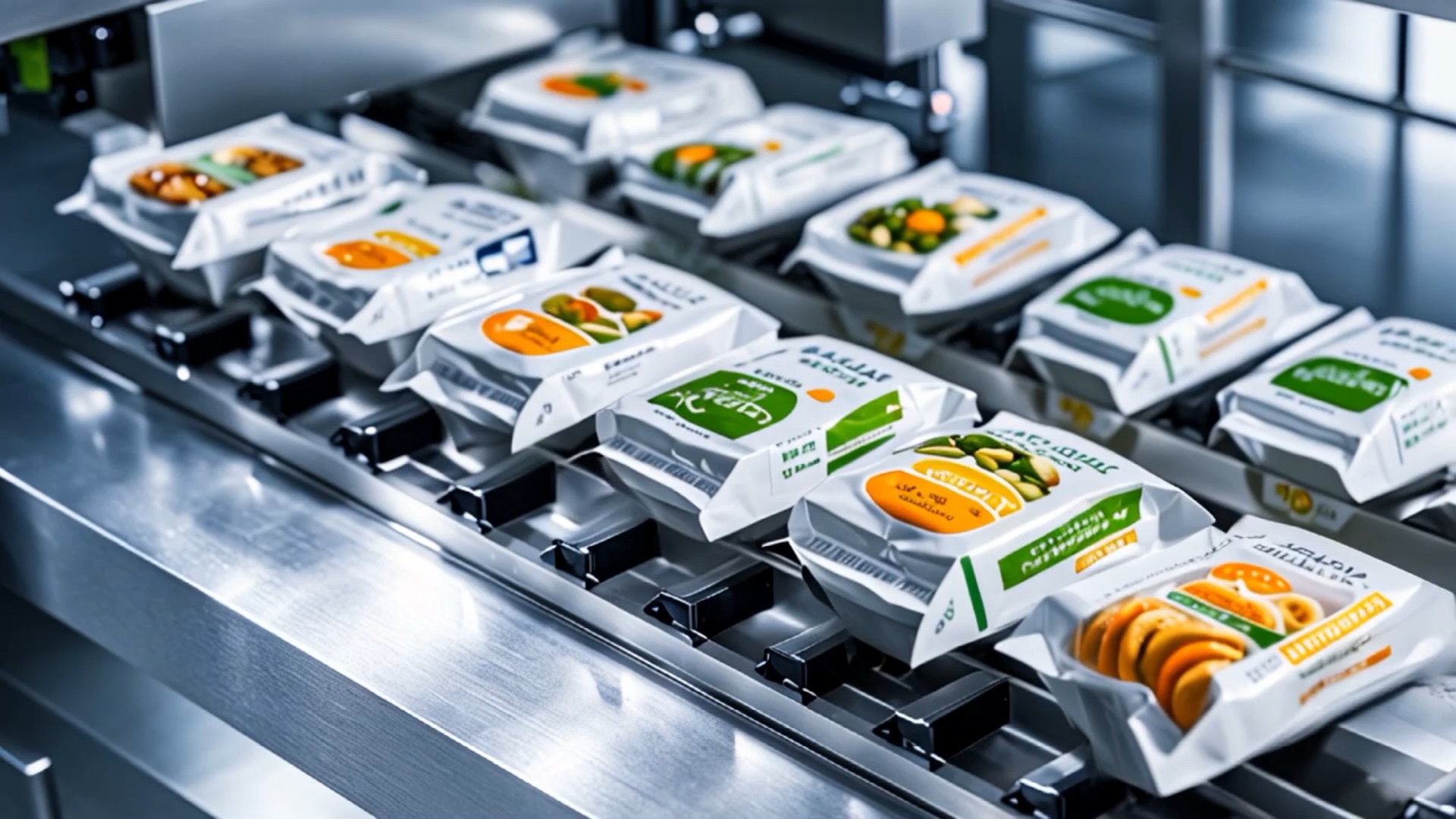
At a time when food safety is attracting much attention, NFC tags provides an innovative and effective solution for ensuring food security with its unique functions. NFC is a short-range, high-frequency wireless communication technology that enables contactless data exchange between devices in close proximity, which makes it useful in the field of food safety.
First, NFC plays a key role when it comes to food supply chain traceability
Food goes through many links from the source of production to the hands of consumers. By attaching an NFC tag to a food package or shipping container, information can be recorded at every step.
For example, in the production of agricultural products, farmers can write information such as fertilisation, medication, and picking time during the planting process into NFC tags. In the transportation link, logistics personnel can record data such as transportation temperature and duration. When the food arrives at the supermarket, the salesperson can enter the time on the shelf. When consumers buy, they can simply touch a product with an NFC-enabled mobile phone to get complete supply chain information and a clear understanding of the “past and present” of food.
An organic vegetable supplier in the U.S. has adopted an NFC traceability system that allows consumers to scan an NFC tag with their mobile phone to see records of all agricultural operations of vegetables from sowing to harvesting, as well as temperature monitoring data during transportation, effectively increasing consumer trust in the product.
Secondly, NFC technology helps in food quality inspection
In food processing plants, inspectors can use NFC devices to quickly read the inspection data of food samples. For example, testing the freshness of meat, the composition of dairy products, etc. This data can be uploaded to the management system in real time, so that if a quality problem is identified, action can be taken quickly.
A well-known cheese manufacturer in Europe uses NFC technology to quickly detect each batch of cheese, write key indicators such as fat content and pH into NFC tags and compare them with quality standards. If there are unqualified products, the system will immediately send out an alarm to avoid the problem products from entering the market.
Furthermore, NFC can be used for food storage monitoring
During food storage, environmental conditions have a significant impact on food security. By connecting devices such as NFC temperature sensors and humidity sensors to food storage containers, it is possible to monitor the storage environment in real time. When the environmental parameters are out of the safe range, the system will notify the relevant personnel in time.
For example, in large cold storages, the storage of fresh fruit has strict temperature and humidity requirements. With NFC monitoring devices, staff can be alerted quickly to abnormal temperatures and humidity and take appropriate action to ensure that the quality of the fruit is not affected.
The application of NFC tags in food supply chain traceability, quality inspection and storage monitoring provides a comprehensive guarantee for food security. As technology continues to evolve, NFC will play a more important role in food security.



